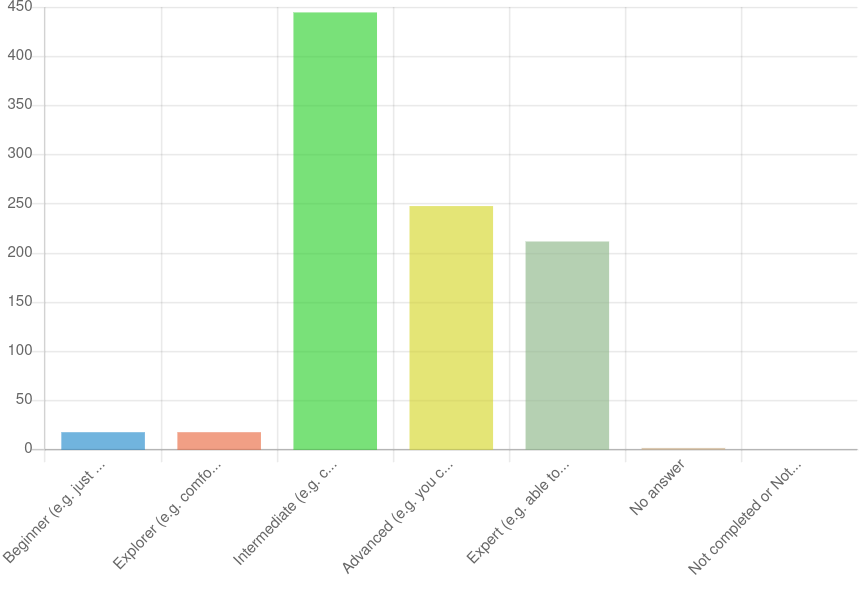Author: Thom Holwerda
Source
Sponsored:
Working in Public: The Making and Maintenance of Open Source Software - Audiobook

Unlock the Digital Creator Code!
“Raspberry Pi boards are hard to get, probably also next year,” says Andreas Spiess, single-board enthusiast and YouTuber, in his distinctive Swiss accent. He’s not wrong. Spiess says he and his fellow Pi devotees need “a strategy to survive” without new boards, so he suggests looking in one of the least captivating, most overlooked areas of computing: used, corporate-minded thin client PCs. Spiess’ Pi replacements, suggested and refined by many of his YouTube commenters and Patreon subscribers, are Fujitsu Futros, Lenovo ThinkCentres, and other small systems (some or all of which could be semantically considered “thick clients” or simply “mini PCs,” depending on your tastes and retro-grouch sensibilities). They’re the kind of systems you can easily find used on eBay, refurbished on Amazon Renewed, or through other enterprise and IT asset disposition sources. They’re typically in good shape, given their use and environment. And compared to single-board enthusiast systems, many more are being made and replaced each year. A project I want to undertake is set up an UltraSPARC machine, and then tie several Sun Rays to them. I also want to mess around with using Linux as the host for several thin clients – they’re so cheap, and it seems like they’re really fun to mess around with.



